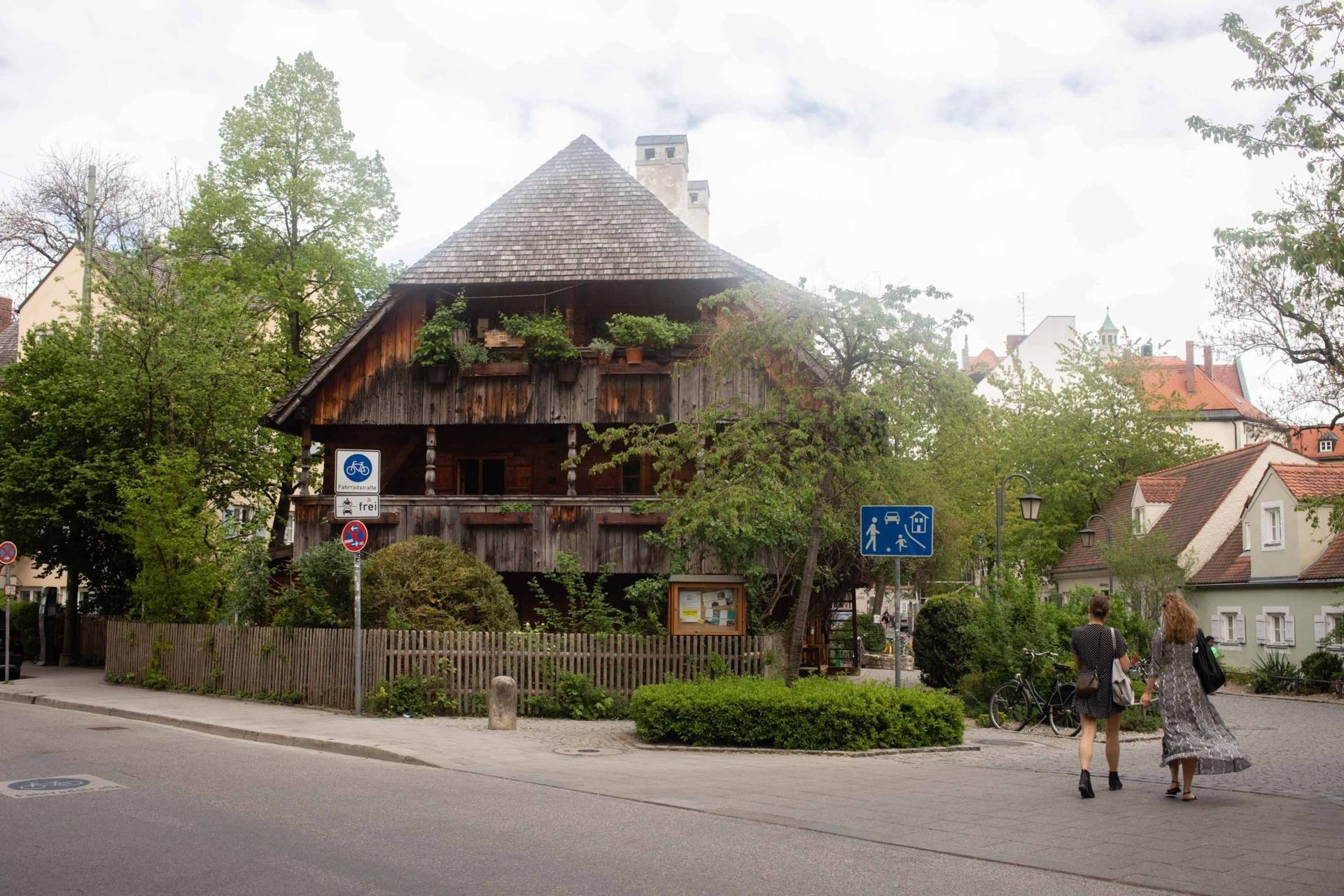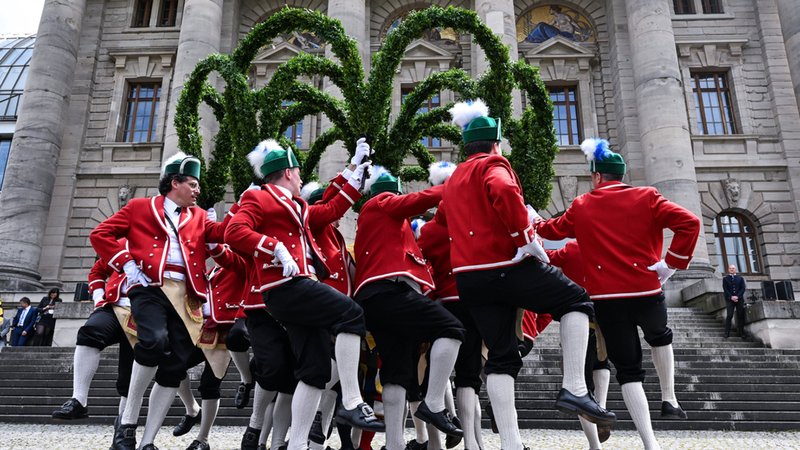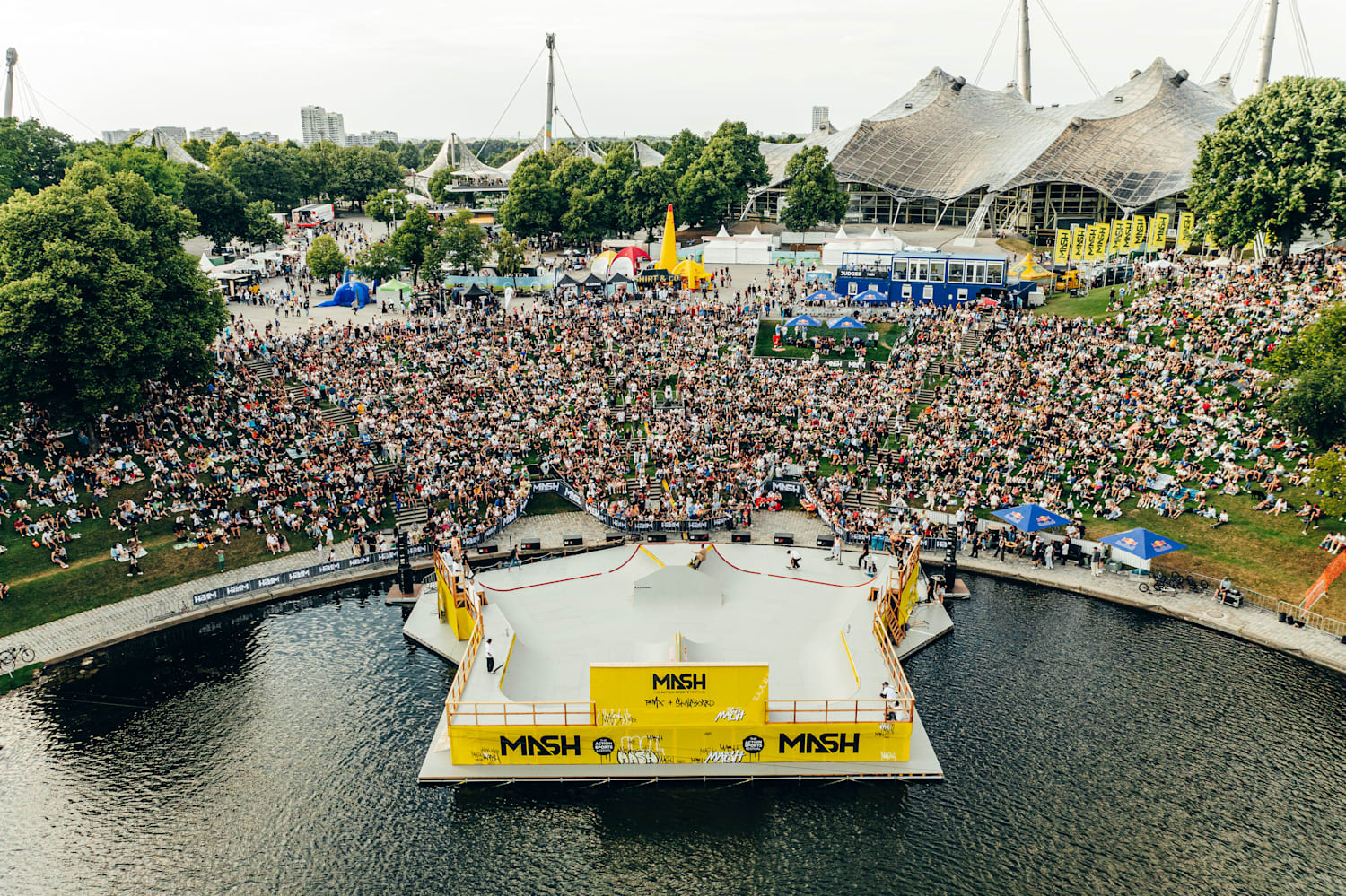Ah, Munich – the city that’s like your cool, sophisticated aunt who secretly knows how to party. While most folks think of Oktoberfest and men in leather shorts when they hear “Munich,” this Bavarian gem has way more up its sleeve than just frothy steins and dirndls. Let’s dive into some quirky, lesser-known tidbits about Germany’s third-largest city that’ll make you say, “Servus! I need to book a trip ASAP!”

Interesting and little known facts about Munich
The city of eternal students (well, almost)
Did you know that Munich is home to a whopping 18 universities and colleges? That’s right, this city is practically a giant campus! With around 130,000 students roaming the streets, it’s no wonder the city has such a youthful vibe. But here’s the kicker: Munich’s Technical University has a unique tradition called the “Ewige Studenten” (eternal students). These are folks who’ve been enrolled for over 60 semesters – that’s 30 years, folks! Talk about taking your time to find yourself.
A river that surfs, dude!
Move over, California! Munich’s got its own surfing hotspot, and it’s not where you’d expect. The Eisbach, a small man-made river in the English Garden, boasts a standing wave that attracts surfers from all over the world. Picture this: lederhosen-clad surfers catching waves in the middle of a landlocked city. It’s been a thing since the 1970s, and in 2010, it finally became legal. So, pack your board alongside your beer stein on your next visit!

The city of village-like neighborhoods
Munich might be a bustling metropolis, but it’s got a secret: it’s actually made up of 25 distinct districts, many of which feel like cozy villages. Take Haidhausen, for example. Nicknamed the “French Quarter” due to its streets named after French cities, this area is full of charming cafes and boutiques. Or there’s Schwabing, the artsy district where famous painters and writers once roamed. Each neighborhood has its own unique character, making Munich feel like a collection of small towns rather than one big city.

Munich’s obsession with nudity (no, really)
Forget everything you thought you knew about German efficiency and order. Munich has six designated nude zones, including parts of the English Garden. That’s right, you might be casually strolling through the park and stumble upon some sunbathing nudists. This practice, known as “FKK” (Freikörperkultur or Free Body Culture), has been a thing since the 1960s. So, if you’re feeling brave (or just forgot your swimsuit), you know where to go!
The city that’s serious about its beer (but you knew that already)
Okay, we can’t talk about Munich without mentioning beer. But did you know that the city has a law stating that beer can only be brewed within its limits to be called “Munich Beer”? The famous Reinheitsgebot (German Beer Purity Law) of 1516 is still in effect today, ensuring that only water, hops, and barley are used in the brewing process. And get this: an average Munich resident consumes about 150 liters of beer per year. That’s like filling up your bathtub with beer and drinking it all!
A tale of two clocks
Munich’s Rathaus-Glockenspiel in Marienplatz is famous for its daily shows, but did you know there are actually two different performances? The top half depicts a jousting match celebrating the 1568 wedding of Duke Wilhelm V to Renata of Lorraine, while the bottom half shows the Schäfflertanz (coopers’ dance) – a tradition that began in 1517 to lift spirits after the plague. The whole shebang lasts about 15 minutes, which is coincidentally how long it takes to drink a large beer if you’re really thirsty.

Munich’s secret underground world
Beneath the city’s streets lies a network of tunnels and bunkers dating back to World War II. While many have been sealed off, some have been repurposed in creative ways. The MUCA (Museum of Urban and Contemporary Art) transformed an old air raid shelter into an exhibition space. Meanwhile, a former Nazi bunker now houses a nightclub called “Bunker.” Talk about dancing on history!
The city of high-tech lederhosen
Munich isn’t just about tradition; it’s also a major tech hub. Companies like BMW, Siemens, and Allianz call Munich home. In fact, the city has been dubbed “Isar Valley” (a play on Silicon Valley, referencing the Isar River that runs through Munich). So, don’t be surprised if you see someone coding in lederhosen – it’s just Munich’s unique blend of old and new!
Munich’s unexpected connection to the Olympics
While Munich hosted the 1972 Summer Olympics, its Olympic legacy goes beyond that. The city’s bid for the 2018 Winter Olympics, although unsuccessful, led to some interesting developments. For instance, the Olympiapark now hosts an annual winter sports festival called “Munich Mash,” featuring snowboarding and freeskiing competitions right in the heart of the city. Who needs mountains when you’ve got German engineering, right?

The city that loves its dogs (maybe a bit too much)
Munich is incredibly dog-friendly, with pooches allowed in many restaurants, shops, and even on public transport. But here’s where it gets weird: the city has special dog toilets called “Hundeklos.” These are essentially designated areas with a pole in the middle, encouraging dogs to do their business in one spot. There are over 120 of these around the city. Talk about German efficiency!
As of 2025, Munich continues to blend its rich history with modern innovations. The city’s population has grown to approximately 1.5 million, with a metropolitan area of around 6 million. It remains one of the most prosperous and fastest-growing cities in Germany, with a GDP per capita of about €90,000.
Munich’s commitment to sustainability is also worth noting. This city aims to be powered by 100% renewable energy by 2025, a goal that seemed ambitious when set in 2017 but is now within reach. Additionally, Munich boasts one of the most extensive bicycle lane networks in Germany, spanning over 1,200 kilometers as of 2025.
As you see, Munich is a city of delightful contradictions. It’s where lederhosen meets laptops, where you can surf in a river and sunbathe nude in a park, and where ancient traditions coexist with cutting-edge technology. So, the next time someone tells you Munich is all about beer and pretzels, you can smile knowingly and say, “Ja, but did you know about the underground bunker nightclubs?”






